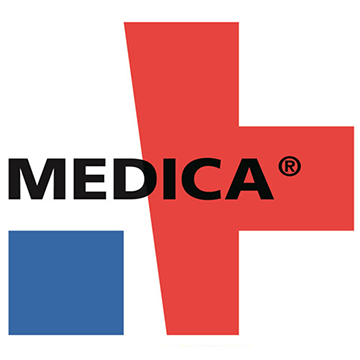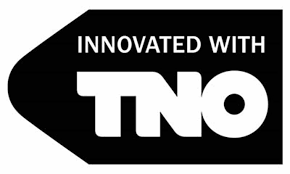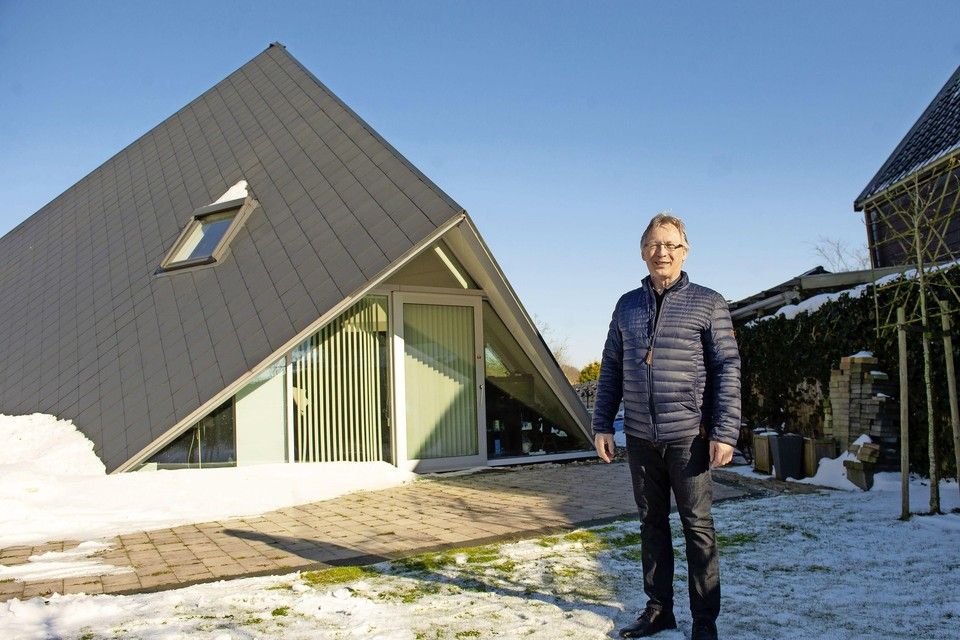RetinaScope latest news
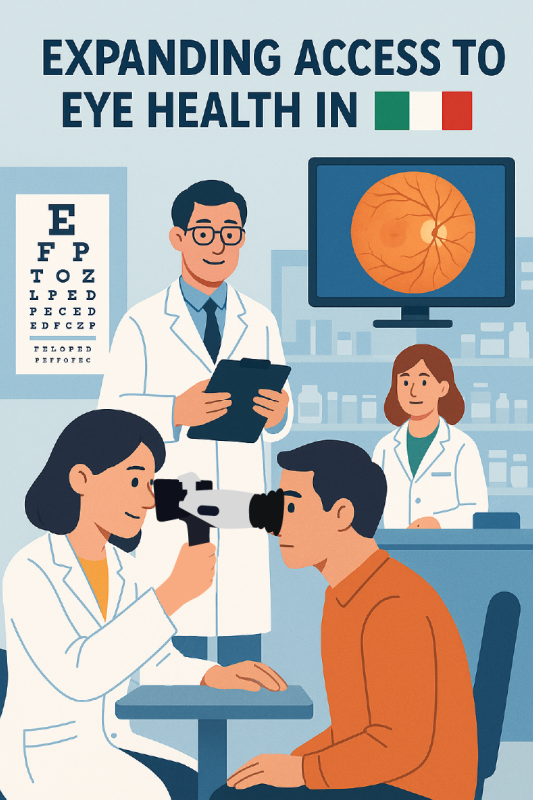
Expanding Access to Eye Health in Italy 🇮🇹
We’re excited to announce the launch of a commercial pilot in Italy to test new ways of screening for eye diseases using fundus imaging technology — right at the family doctor’s office and local pharmacies.
This initiative is a collaboration between Emtesys, a leading Italian provider of digital healthcare solutions, and RetinaScope, a company focused on making retinal screening more accessible through smart, user-friendly fundus cameras and software solutions.
The goal: to explore scalable models for early detection of conditions like diabetic retinopathy and macular degeneration—without requiring a specialist visit.
The pilot will assess:
- Clinical workflows in primary care and pharmacy settings
- User experience for non-specialist operators
- Commercial feasibility and patient uptake
About the partners:
- Emtesys integrates cutting-edge digital health tools into clinical practice, with a strong track record in telemedicine and diagnostic innovation.
- RetinaScope develops compact, AI-ready fundus cameras designed for easy use in general practice, retail health, and community screening.
We look forward to sharing insights from this pilot as we move toward more equitable, preventive eye care across Europe.
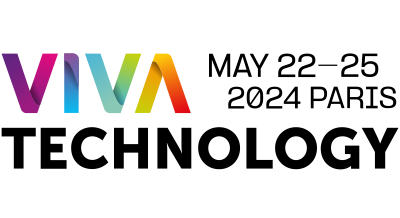
RetinaScope on the road
Viva website
Retina screening by GPs
The screening of the retina of diabetic patients to detect diabetic could be much easier, faster and cheaper if GPs could make use of a low cost and easy to use digital camera, service platform and artificial intelligence based algorithms.
-
Read more
To develop and test such a service provisioning the companies Eyehelp, RetinaScope and Deepdee have started a project to jointly improve the eye care trajectory for diabetic retinopathy by developing a platform for GPs, patients, ophthalmologists and optometrists. Eyehelp is setting up the software to be used by GPs and testing the service. RetinaScope will provide the digital retina cameras. DeepDee is developing machine learning artificial intelligence based algorithms to support the analysis of the images and the diagnosis. The goal of the project is to reduce the time and cost involved for patients, help GPs to improve their diabetes care and reduce the waiting lists for ophthalmology specialists.
The project is supported by an MIT R&D grant from the Province of North Holland.

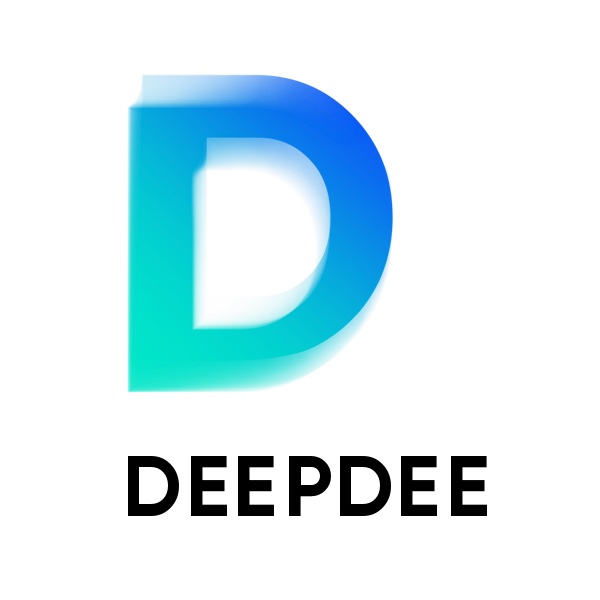
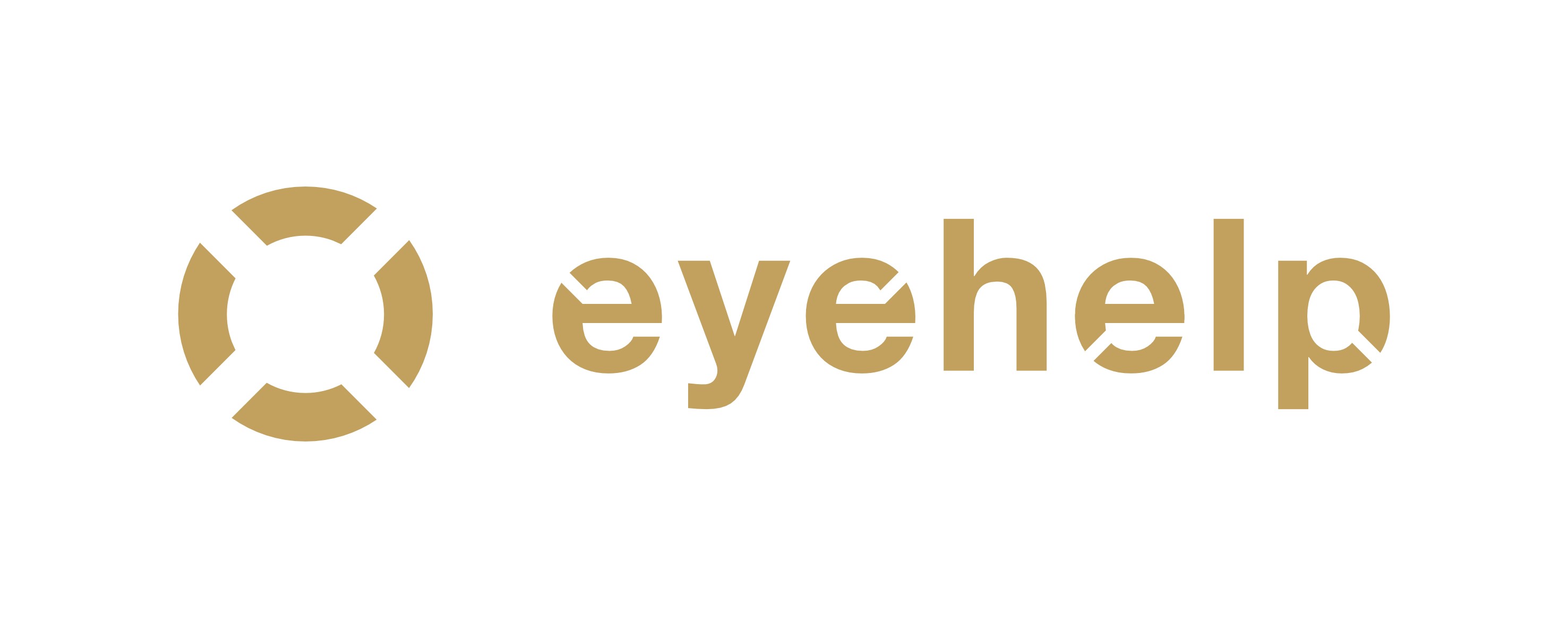
Pioneering device can take 3D images to detect eye diseases
The device, developed by researchers from the University of Strathclyde, captures 3-D images of the retina, the back of the eye and cornea, and can be added at low cost to a slit lamp, a device commonly used by optometrists.
Patients with conditions such as glaucoma, the third most common cause of visual impairment worldwide, with an estimated 7.7 million people affected, are often diagnosed by highly-trained specialists, who look at photos and give a subjective opinion on the 3D structure of the back of the eye.
The initial prototyping was funded by the Engineering and Physics Research Council, part of UK Research & Innovation. The next step is now to make the technology available to the medical community, and the University has partnered with RetinaScope/IDCP, a digital innovation group, to turn it into a medical product.
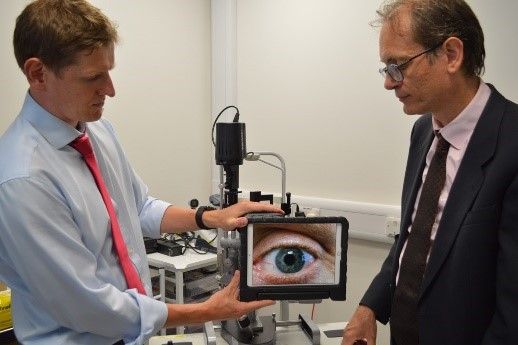
The device, developed by researchers from the University of Strathclyde, captures 3-D images of the retina, the back of the eye and cornea, and can be added at low cost to a slit lamp, a device commonly used by optometrists.
Patients with conditions such as glaucoma, the third most common cause of visual impairment worldwide, with an estimated 7.7 million people affected, are often diagnosed by highly-trained specialists, who look at photos and give a subjective opinion on the 3D structure of the back of the eye.
Although there are existing instruments for 3D imaging, including Optical Coherence Tomography technology – the machines can cost up to £100,000, often making them too expensive for large-scale population use, especially in low-income countries.
However, optometrists all over the world have access to slit lamps. The new technology is a simple and inexpensive add-on to a standard lamp, and can extend 3D eye imaging to all settings where optometrists are present. It is so simple that a modified version of the technology brings potential of 3D retinal ‘selfies’ without an operator, meaning it could also be deployed in unassisted settings, like pharmacies.
The technology can also be used to image the front of the eye, which is important for cornea transplant patients as many machines can’t measure the edge of the cornea. The device has been developed by Dr Mario Giardini, Dr Ian Coghill, and Kirsty Jordan, at the Department of Biomedical Engineering of the University of Strathclyde.
Dr Giardini said: “Patients can be imaged easily and inexpensively, without the need for a specialist to be present. Our device reliably takes 3D images, and it is comfortable and fast, at less than a second.
“The technology has the potential to revolutionise the screening and follow-up within the community of conditions such as glaucoma, as any optometrist, anywhere in the world, could afford it. This work makes eye diagnostics more accessible, reducing inequalities.” Dr Iain Livingstone, Consultant Ophthalmologist at NHS Forth Valley, who has collaborated with Dr Giardini on previous ophthalmology projects, said: “So much of what we do as eye doctors depends on seeing things in 3D. While photographs can be helpful, this innovation uses visible light to re-create a high fidelity 3D representation of eye structures, allowing precise measurements to be taken in a completely new way, piggybacking on the method of examination we already do routinely.
“It’s a crucial addition to the way we interpret information, harnessing digital to glean so much more from a slit lamp exam, with potential reach far beyond the hospital toward Community Optometry, bringing nuanced measuring tools closer to home for patients.” The researchers also hope it can eventually be used to detect eye cancer and Dr Livingstone added: “This addition turns a slit lamp into a ‘3D eye scanner’ with potential to supplant ocular ultrasound for measuring solid tumours of the eye.”
The initial prototyping was funded by the Engineering and Physics Research Council, part of UK Research & Innovation. The next step is now to make the technology available to the medical community, and the University has partnered with IDCP, a digital innovation group, to turn it into a medical product.
CEO of IDCP group, Jan Boers, said: “Working with the University of Strathclyde to develop new technology for eye screening has been very productive, and this development will be a significant step for enabling more accurate, accessible, and cost-effective solutions to eye diagnostics globally. This is a great addition to our activities in the field of eye screening with RetinaScope and IDCP Scotland.”
Jamie Thomson, Managing Director of IDCP Scotland, who received support from Scotland’s national economic development agency Scottish Enterprise, with a SMART grant of £85,000, said: “As a University of Strathclyde alumnus, it gives me great pride to be working closely with the team helping to develop this technology, which has the potential to improve the quality of patient care and fits within IDCP Scotland’s key objective to revolutionise patient care within ophthalmology.”
More news
- RetinaScope at Medica 2022
- TNO investment
- IDCP Scotland started
- Press on RetinaScope
- Jan Boers about RetinaScope
-
![medica-logo.]()
RetinaScope at Medica 2022
Finally the full Medica Dusseldorf was back. RetinaScope was present at the booth of distributor IDCP Medtech.
RetinaScope launched its first product, the RetinaScope Plus retinal camera with the first version of the RetinaScope software. The RS+ software runs on an Android phone connected to the non-mydriatic retinal camera. RetinaScope will also be launching an advanced artificial eye for training purposes.
Contact the team at info @ retinascope.eu or +31 206186322. -
![]()
TNO investment
TNO, the dutch research organisation, has made an investment in RetinaScope through its Technology Transfer office. TNO is one of the development partners of RetinaScope BV. -
IDCP Scotland started
RetinaScope founded a startup in Glasgow in 2020 to set up research and development activities in close cooperation with the University of Strathclyde (UoS) and NHS Scotland. UoS alumnus Jamie Thomson joined the company as managing director and has intitiated first R&D projects such as the Acuity testing suite. Further development work is being done on analytic solutions as part of the TeleOphthalmology Platform. -
![]()
Press on RetinaScope
Following the investment by Innovation Fund North Holland (INH), the regional newspaper Noord-Hollands Dagblad featured CEO Jan Boers: "We want to allow screening on diabetic retinopathy as much as possible". -
Jan Boers about RetinaScope


